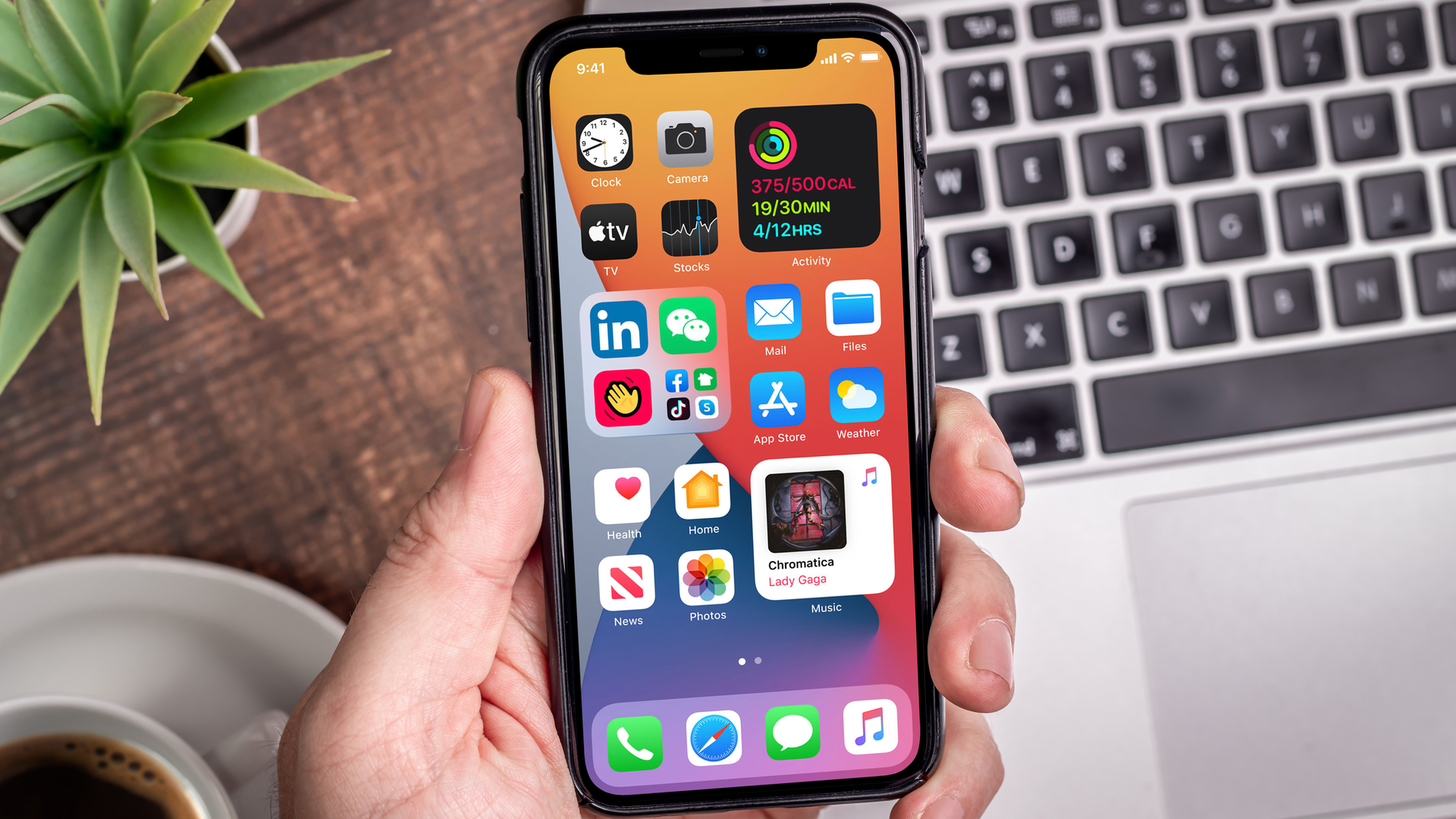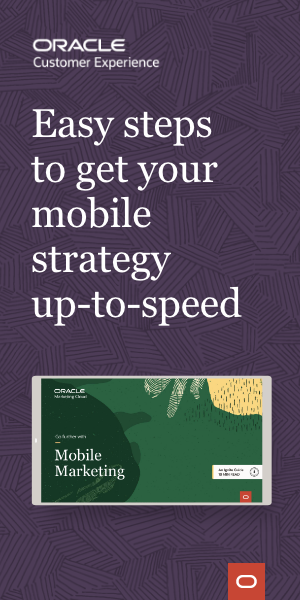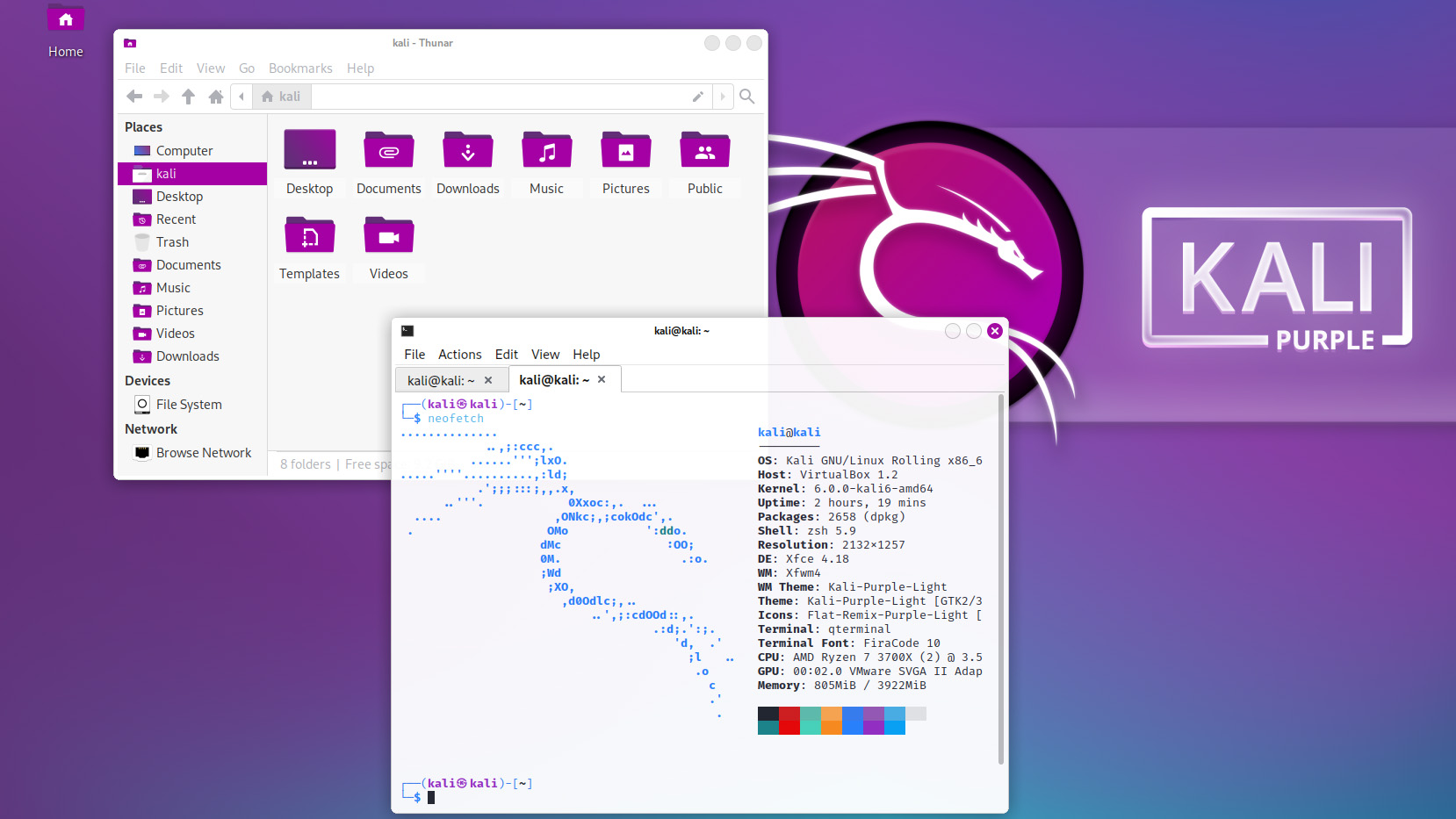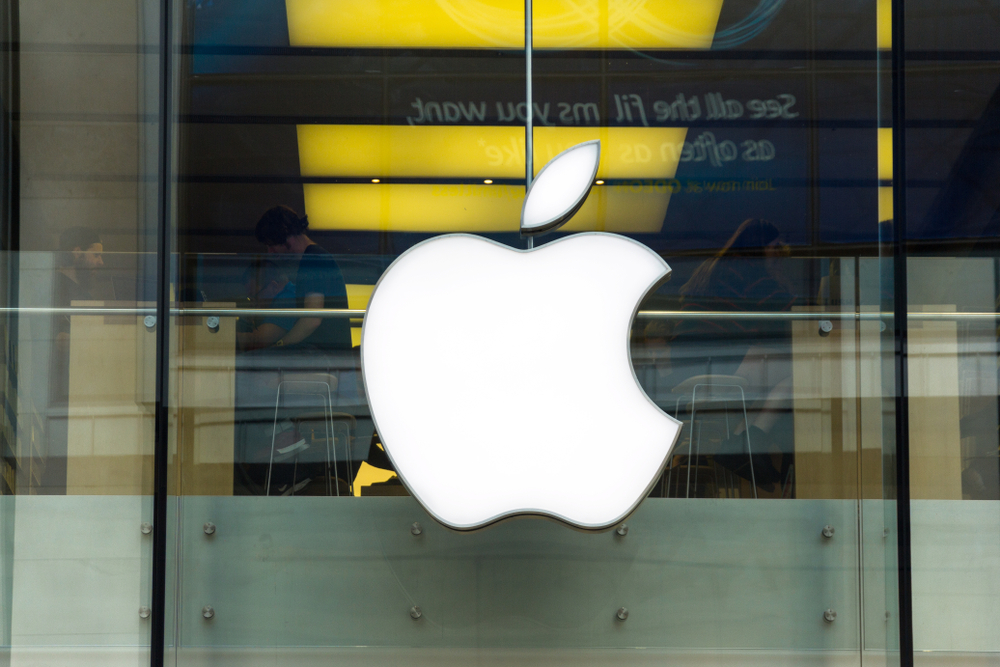iOS 14.5 privacy changes could have “major impact” on SMBs
Experts warn SMB revenues could fall by as much as 50% as a result of Apple's App Tracking Transparency tool


Apple has rolled out an update to its iOS platform that includes a feature requiring developers to ask for users’ permission before assigning them an advertising identifier to track their activity across apps and sites.
The introduction of App Tracking Transparency (ATT) with iOS 14.5, alongside a suite of other changes, has long been dreaded by Facebook and its partners since Apple first announced plans to roll it out with iOS 14 last year. With ATT, app developers must present users with a pop-up notification asking them to consent to be tracked.
Facebook has publicly campaigned against ATT, arguing that it would severely harm the revenues of its advertising partners, many of which are smaller companies. The assumption is that users, when greeted with the choice, would not opt to be tracked in this way, in turn damaging Facebook’s business model.
Apple agreed to delay the roll-out in September 2020 after considering the effect it would have on Facebook’s partners, although the two companies have since traded a series of barbs on the matter.
Apple, for instance, slammed Facebook’s business model in November after privacy groups such as the Electronic Frontier Foundation (EFF) pressured the firm to explain the delays to the rollout of these privacy features. Facebook responded by shining the spotlight on Apple’s own privacy issues, namely the fact that the iPhone manufacturer faces legal action over alleged tracking mechanisms fitted into its devices.
The latest iOS update also includes a number of other changes and security fixes, such as support for the newly launched AirTags, alongside functionality to unlock your phone using an Apple Watch when you’re wearing a mask. With iOS 14.5, users can also take advantage of accessibility options, changes to Apple Music and improvements to Apple Wallet.
Among the security fixes included are CVE-2021-1837, a certification validation issue in the App Store which could allow an attacker to alter network traffic, and CVE-2020-7463, which allows a remote attacker to cause unexpected system termination. There are 50 issues in total of varying scope and severity addressed with iOS 14.5 and iPadOS 14.5.
Get the ITPro daily newsletter
Sign up today and you will receive a free copy of our Future Focus 2025 report - the leading guidance on AI, cybersecurity and other IT challenges as per 700+ senior executives
It’s ATT, however, that’s likely to be the most significant change introduced with the latest update, with Heather Federman, VP of privacy and policy at BigID, a data management firm, saying it could massively impact SMBs.
RELATED RESOURCE

“If there are minimal opt-ins then there is minimal data for ad targeting,” she said. “While Facebook has commented that this will only cause a minimal impact to Facebook's ROI, developers and small businesses primarily relying on the Audience Network could face major impacts to their revenue - potentially falling by more than 50%.”
"The real question here is if Apple, or any company for that matter, should have so much influence in privacy-related matters. Other stakeholders - like regulators and legislators - should have the largest say in the process but it’s clear that market forces currently dominate.
"While Apple’s opt-in model can be considered pro-privacy and forward-thinking, we have a situation where one company has decided for the rest of us exactly how our personal data can or should be used - without real input from other industry players, privacy advocates, the public and the government."
Farhad Divecha, MD and founder of AccuraCast, claims this is bad news for those businesses which haven’t heeded any prior warnings.
“While it's understandable that they may have been dealing with a shorter-term problem like the pandemic, we always knew it was coming - it was just a matter of when, so businesses should have started planning for this eventuality,” he said.
“Of course, Apple had taken an interesting approach to this - not just in the timings but by not being clear on what this new update will look like, the results of the testing and subsequently, how many will be affected. Businesses are almost walking blindly into a new playing field. Conversions will inevitably go down and many businesses won't understand why. This is the first way to overcoming this hurdle; acknowledgement. Once businesses know why this is, they can work around it - but they need to act now.”

Keumars Afifi-Sabet is a writer and editor that specialises in public sector, cyber security, and cloud computing. He first joined ITPro as a staff writer in April 2018 and eventually became its Features Editor. Although a regular contributor to other tech sites in the past, these days you will find Keumars on LiveScience, where he runs its Technology section.
-
 Bigger salaries, more burnout: Is the CISO role in crisis?
Bigger salaries, more burnout: Is the CISO role in crisis?In-depth CISOs are more stressed than ever before – but why is this and what can be done?
By Kate O'Flaherty Published
-
 Cheap cyber crime kits can be bought on the dark web for less than $25
Cheap cyber crime kits can be bought on the dark web for less than $25News Research from NordVPN shows phishing kits are now widely available on the dark web and via messaging apps like Telegram, and are often selling for less than $25.
By Emma Woollacott Published
-
 A journey to cyber resilience
A journey to cyber resiliencewhitepaper DORA: Ushering in a new era of cyber security
By ITPro Published
-
 A new framework for third-party risk in the European Union
A new framework for third-party risk in the European Unionwhitepaper Report: DORA and cyber risk
By ITPro Published
-
 Kali Linux releases first-ever defensive distro with score of new tools
Kali Linux releases first-ever defensive distro with score of new toolsNews Kali Purple marks the next step for the red-teaming platform on the project's tenth anniversary
By Rory Bathgate Published
-
 Microsoft releases scripts to restore shortcuts deleted in faulty Windows Defender update
Microsoft releases scripts to restore shortcuts deleted in faulty Windows Defender updateNews However, some users have resorted to creating their own fixes as they’ve encountered Microsoft’s to be problematic
By Zach Marzouk Published
-
 Windows Defender update deletes Start Menu, Taskbar, Desktop shortcuts
Windows Defender update deletes Start Menu, Taskbar, Desktop shortcutsNews For now, it appears that administrators will have to manually recreate their shortcuts once the issue has been fixed
By Zach Marzouk Published
-
 IBM LinuxONE for dummies
IBM LinuxONE for dummiesWhitepaper Secure your data, build an open hybrid cloud environment, and realise the cost benefits of consolidation
By ITPro Published
-
 Windows 10 users encounter ‘blue screen of death’ after latest Patch Tuesday update
Windows 10 users encounter ‘blue screen of death’ after latest Patch Tuesday updateNews Microsoft said it is working on a fix for the issue and has offered users a temporary workaround
By Ross Kelly Published
-
 Apple issues fix for ‘actively exploited’ WebKit zero-day vulnerability
Apple issues fix for ‘actively exploited’ WebKit zero-day vulnerabilityNews The update marks the 10th fix for zero-day vulnerabilities this year
By Ross Kelly Published